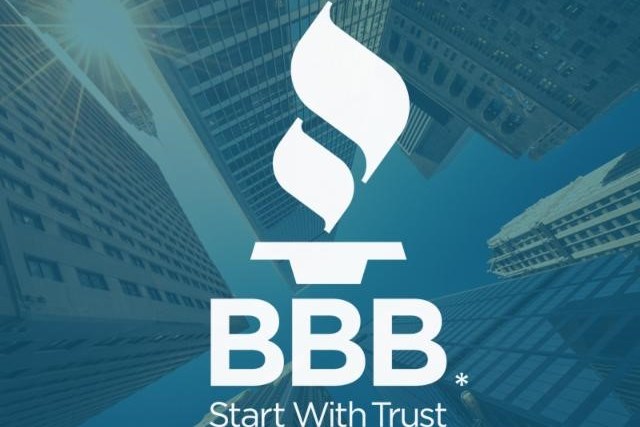How do you motivate someone to make an investment, a purchase, or even a gamble? That’s the question scammers are continuously trying to figure out – and they’ve been changing their tactics to trick hard-working British Columbians out of their money.
According to the latest BBB Canadian Risk Report, scammer tactics fall into one of three categories: carrot method, stick method, and other (scam types that do not easily fit into a category).
Carrot method
Scammers use the promise of some sort of opportunity (“carrot”) to encourage the target to continue engaging. Just like a carrot would incentivize a horse to continue walking forward, the carrot approach includes the opportunity to make quick money through low-risk investments or too-good-to-be-true job offers. Carrot-type tactics are more likely to use social media or websites to target consumers.
Stick method
Scammers will use threats or a negative situation (“stick”) to manipulate the consumer, such as jail time for back taxes you supposedly owe the government or news that a loved one is in trouble and needs bail money. Just like a stick would be used to smack a horse to keep it moving, the stick approach uses punishment to intimidate consumers. Stick-type tactics are more likely to occur using phone or postal mail as the contact method.
Recent data from the BBB Canadian Risk Report shows that people lost more than twice the amount of money to scammers that used the stick method ($349) compared to those that fell for the carrot method ($150). On the opposite end, more people were susceptible to the carrot method (51.1 per cent) versus the stick method (17.6 per cent).
“If you’re facing a stick method scam, it’s important to not give any money or share any personal information before verifying what's being shared with you,” says Aaron Guillen, Media and Communications Specialist, BBB serving Mainland BC and Yukon. “Hang up, and take five minutes to remove yourself from the situation. Verify the details or discuss with friends or family to find out if they think you’re being scammed.”



